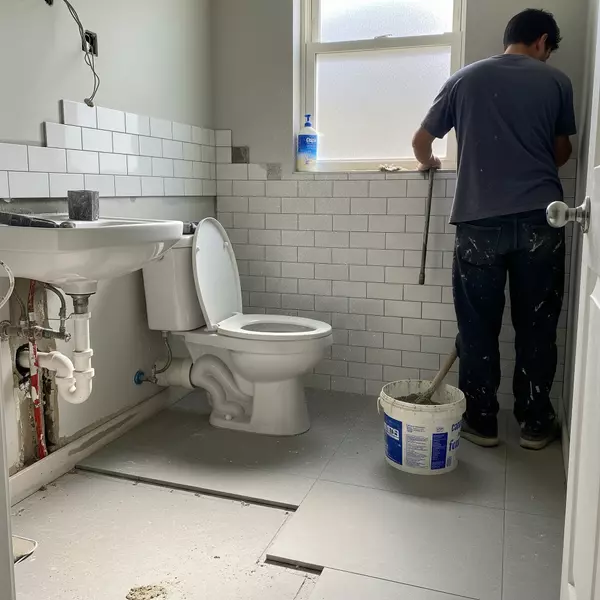We're Not Just Selling Houses; We're Selling a Lifestyle.

When it comes to finding your dream home, it’s about so much more than just square footage or the number of bedrooms. In Beverly and the North Shore, we know that true luxury is about embracing a lifestyle—one that reflects your passions, your aspirations, and the way you love to live every day. Lu
Read MoreThe Advice First-Time Homebuyers Need To Hear

Buying your first home is a big milestone – and the right support is going to make it a whole lot easier.Because while this process might be brand new to you, it’s not new to your agent. They’ve helped plenty of first-time buyers through it. They know what works, what actually matters, and how you c
Read MoreSelling and Buying at the Same Time? Here’s What You Need To Know

If you're a homeowner planning to move, you're probably wondering what the process is going to look like and what you should tackle first:Is it better to start by finding your next home? Or should you sell your current house before you go out looking? Ultimately, what’s right for you depends on a lo
Read MoreShould You Buy a Vacation Home?

Some HighlightsNow that summer’s here, you may be planning your next getaway. But what if you didn’t have to? Buying a vacation home means having a built-in escape you can use year after year. It gives you the chance to generate rental income and have a go-to retirement destination in the future.If
Read MoreWhat You Should Know About Getting a Mortgage Today

If you’ve been putting off buying a home because you thought getting approved would be too hard, know this: qualifying for a mortgage is starting to get a bit more achievable, but lending standards are still strong.Lenders are making it slightly easier for well-qualified buyers to access financing,
Read MoreThink No One’s Buying Homes Right Now? Think Again.

If you’ve seen headlines saying home sales are down compared to last year, you might be thinking – is it even a good time to sell? Here’s the thing. Sure, the pace of the market has cooled compared to the frenzy we saw just a few years ago, but that’s not a red flag. It’s a return to normal. And nor
Read MoreNavigating the Shifting Sands: Selling Your Home with a Contingency in a Softening Seller's Market
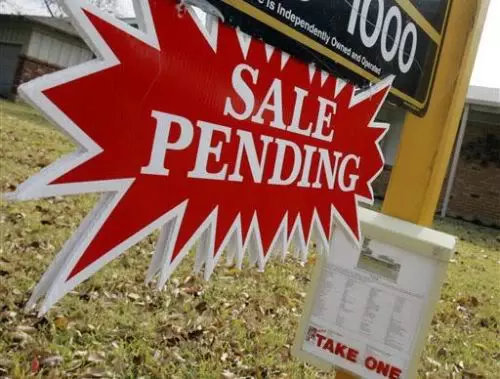
Navigating the Shifting Sands: Selling Your Home with a Contingency in a Softening Seller's Market For many homeowners looking to make a move, the ideal scenario is a seamless transition from one property to the next. In a robust seller's market like the one we have been in (and still are, to some e
Read MoreDiscovering Your Dream Home in Beverly, MA: A Neighborhood Guide
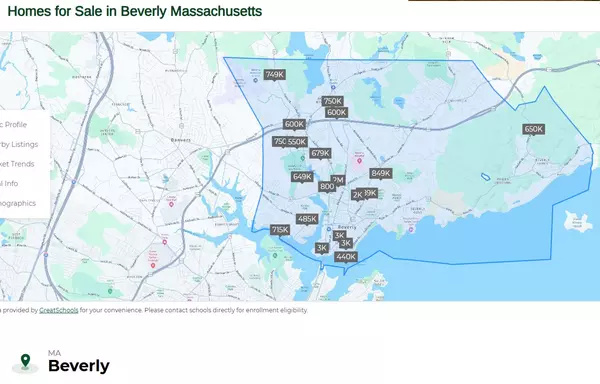
Beverly, Massachusetts, a picturesque coastal city on the North Shore, offers a diverse array of neighborhoods, each with its unique charm and appeal. If you're considering buying a home in Beverly, MA, understanding these distinct areas is key to finding your perfect fit. Beverly Farms stands out
Read MoreWhy Big Investors Aren’t a Challenge for Today’s Homebuyer

Remember the chatter in the headlines about all the homes big institutional investors were buying? If you were thinking about buying a home yourself, you may have wondered how you’d ever be able to compete with that. Here’s the thing. That’s not the challenge so many people think it is – especially
Read MoreMulti-Generational Homebuying Hit a Record High – Here’s Why

Multi-generational living is on the rise. According to the National Association of Realtors (NAR), 17% of homebuyers purchase a home to share with parents, adult children, or extended family. That’s the highest share ever recorded by NAR (see graph below):And what’s behind the increase? Affordabilit
Read MoreWhy Homeownership Is Going To Be Worth It
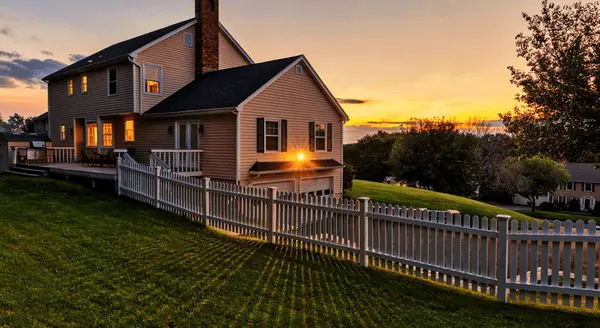
Life can feel a bit unpredictable these days. What’s happening with inflation? The economy? The housing market? But in the middle of all that uncertainty, there’s one thing a lot of people still crave – a place to call their own.Because when everything else feels up in the air, home can be the thing
Read More3 Reasons To Buy a Home This Summer

Are you thinking about buying a home, but not sure if now’s the right time? A lot of people are waiting and wondering what the market’s going to do next. But here’s something only the savviest buyers realize:This summer might actually be the best time to buy in years. Here are three big reasons why.
Read MoreWhat You Really Need To Know About Down Payments

Some HighlightsThere’s a misconception going around that you have to put 20% of the purchase price down when you buy a home. But the truth is, many people don’t put down that much unless they’re trying to make their offer more competitive.And if you want to give your savings a boost, look into down
Read MoreRadon and Real Estate: What Every Buyer and Seller in Massachusetts Needs to Know
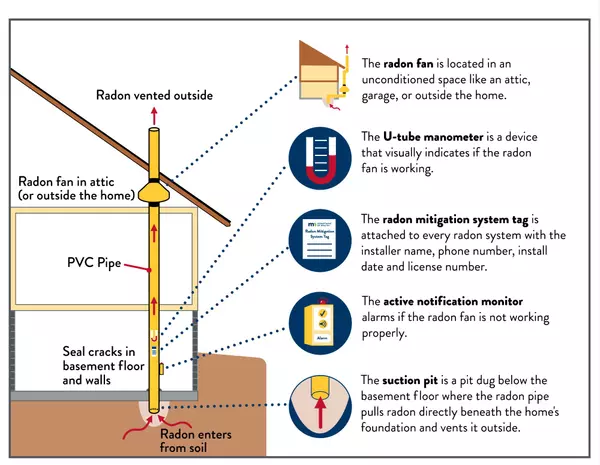
Radon and Real Estate: What Every Buyer and Seller in Massachusetts Needs to Know When you’re navigating the complexities of a real estate transaction, the last thing you want is a surprise. One potential issue that often comes up during the home inspection period is radon. But what is it, and how
Read MoreYou May Have Enough Equity To Downsize and Buy Your Next House in Cash

Some HighlightsHave you been holding off on downsizing? If so, you should know your equity could make your move possible.Homeowners today have so much equity that a record number are buying their next house in all cash. And that has some big benefits like making their offer more appealing, potential
Read MoreBuying Your First Home? FHA Loans Can Help

If you’re a first-time homebuyer, you might feel like the odds are stacked against you in today’s market. But there are resources and programs out there that can help – if you know where to look. And one thing that can make homeownership easier to achieve? An FHA home loan.They’re designed to help y
Read MoreThe Big Difference Between a Homeowner’s and a Renter’s Net Worth

Some HighlightsHomeownership is one of the best ways to build wealth in our country and it’s easy to see why.As you pay down your mortgage and as home values rise over time, you gain equity – and that helps grow your net worth. That’s why a homeowner’s net worth is nearly 40X greater than a renters.
Read MoreWhy Buying Real Estate Is Still the Best Long-Term Investment

Lately, it feels like every headline about the housing market comes with a side of doubt. Are prices going up or down? Are we headed for a crash? Will rates ever come down? And all the media noise may leave you wondering: does it really make sense to buy a home right now?But here’s one thing that do
Read MoreHow Much Money Can You Make Flipping Houses?

There’s probably a good chance you’ve stumbled on one of the millions of home renovation shows or online videos and thought to yourself, “Heck, I can do that.” While the profitability of flipping homes can be bountiful, becoming an expert in this niche takes knowledge and experience. Today, we'll
Read MoreNewly Built Homes May Be Less Expensive Than You Think
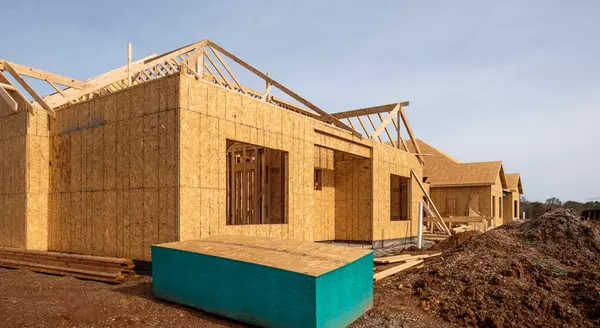
Do you think a brand-new home means a bigger price tag? Think again.Right now, something unique is happening in the housing market. According to the Census and the National Association of Realtors (NAR), the median price of newly built homes is actually lower than the median price for existing homes
Read More
Categories
Recent Posts



